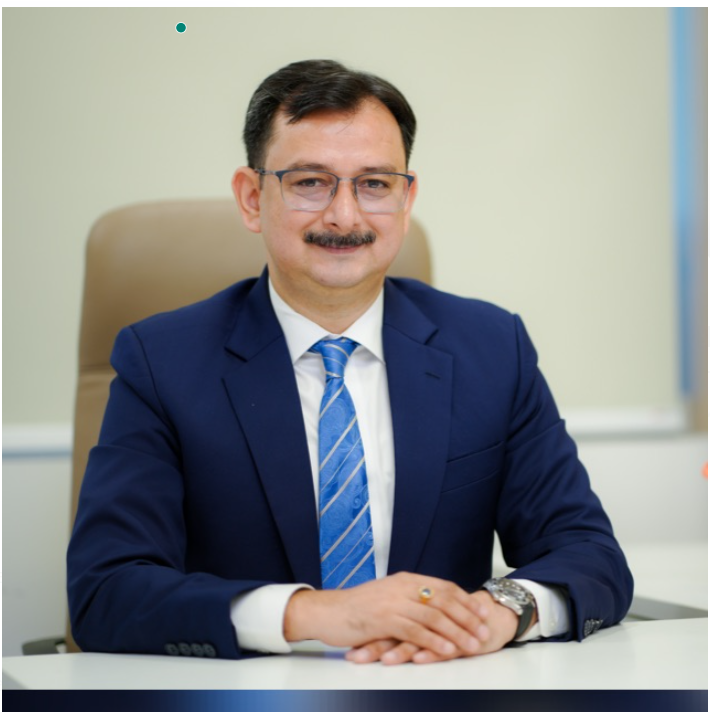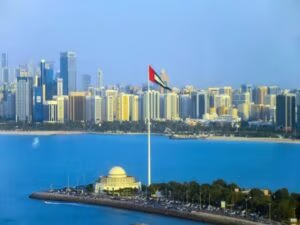Over the past few years, the incidence of stroke has been increasing, and in the UAE, about 10,000 to 12,000 cases are reported annually. According to available statistics, it is estimated that one person suffers a stroke every hour in the country. Experts suggest that 50% of stroke patients in the UAE are under the age of 45, compared to the global average, where 80% of stroke patients are over the age of 65.
There are several risk factors associated with the high incidence of stroke, including hypertension, diabetes, high cholesterol, obesity, lack of physical activity, and unhealthy eating habits. The pattern of strokes in younger individuals appears to be unique to the UAE and is attributed to various factors. Dr Sandeep Burathoki, consultant interventional radiologist at International Modern Hospital Dubai, listed factors that need to be looked at to steer clear of certain aspects.
He said, “UAE is a youth country where 65% of the people are between 25-54 years old. As per UAE population statistics 2024, about 68.62% of the population falls in the bracket of 25-54 years age group and the median age of the UAE population is 33.6 years. Only 1.9% UAE population is 65 years or above age group. This could explain the younger age of stroke patients in UAE.”
Mentioning the factors, Dr. Sandeep highlighted “obesity” as the first, stating, “Obesity is one of the most important risk factors for stroke. The obesity rate in the UAE is one of the highest in the world. One in every four adults is obese. The prevalence of obesity ranges from 22% in Dubai to 39% in Ajman and Fujairah.” He further remarked that the country’s extremely hot and humid climatic conditions are unfavorable for outdoor physical and recreational activities. “This encourages sedentary lifestyles among the residents of the UAE and contributes to obesity, especially among children and young people,” he said.

Adding to this, Dr. Burathoki, mentioned other contributing factors – heat stroke, diet, vaping or electronic cigarettes, and stress as well. “About 88.50% of the total population of UAE is expat, who have come to Dubai for work. Many of those are construction labor workers, who are working in extreme hot-dry climates. The hot climate and drinking less water can cause blood to be thick and more prone to clotting, causing brain attack better known as heat stroke,” he noted.
Dr. Sandeep believes that fat-rich fast foods and calorie-rich soft drinks are cheaper than other types of food and are tastier than traditional meals: “Many expats live alone and often eat street fast food like shawarma with cheese, cream, and potato chips, which are available on every corner at a low cost.” He also added that fewer people are following a Mediterranean diet, which is rich in vegetables and fruits and known to help prevent stroke occurrences. Additionally, the use of electronic cigarettes or vaping has become a new trend among young people.
“It might increase the risk of stroke in the young and could be contributing to the rise in cases,” he said. “Inadequate sleep and work-related stress can also lead to high blood pressure, one of the most important risk factors for stroke,” Dr. Sandeep concluded.






